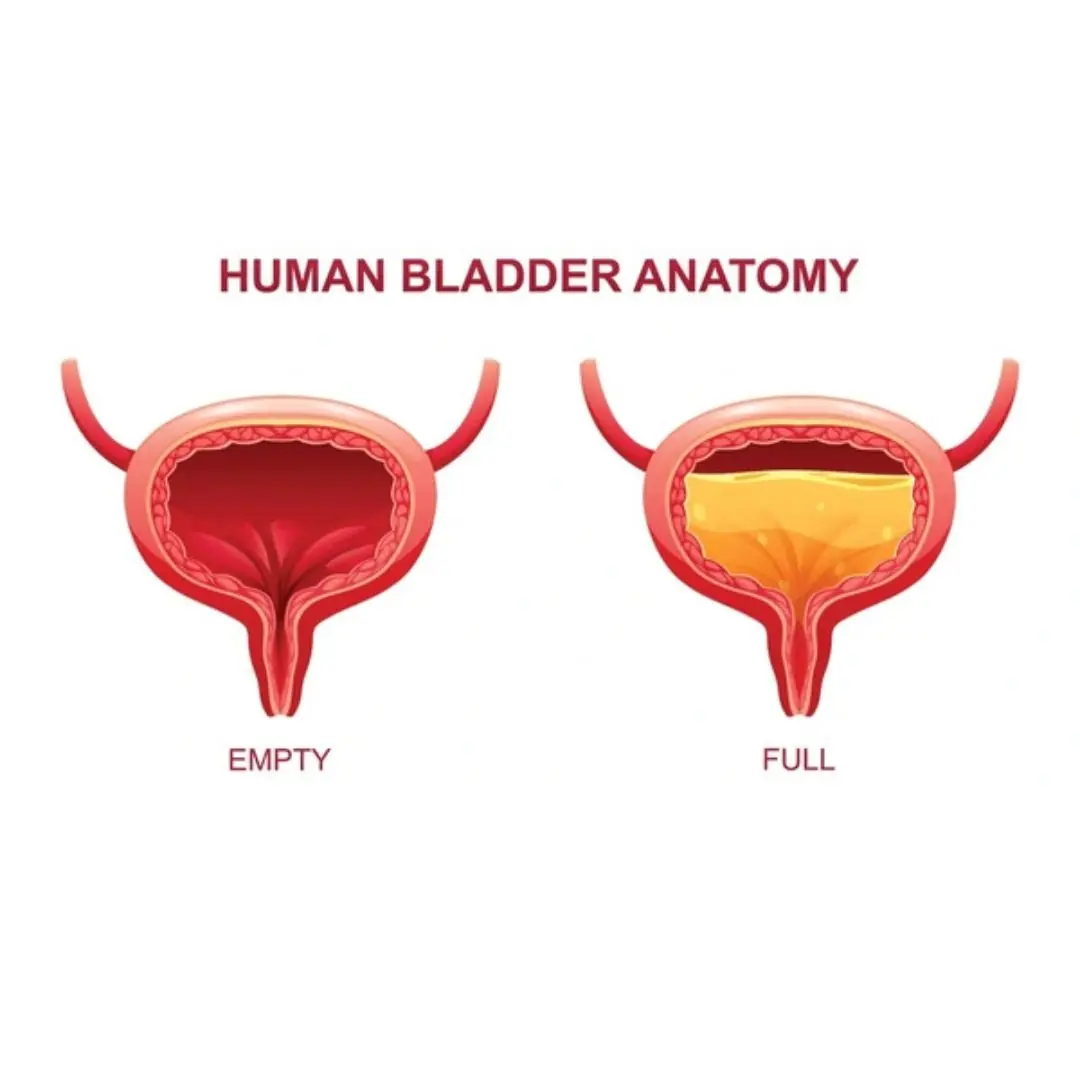
Experts point out vegetables that are easily contaminated with heavy metals
Many people may be surprised to learn that common vegetables in our daily meals can become “hotspots” for heavy metal contamination if grown under unsafe conditions. Some types of vegetables have a high capacity to accumulate heavy metals, posing serious health risks if consumed regularly.
Vegetables prone to heavy metal contamination
In an interview with VTC News, Associate Professor Dr. Cao Truong Son from the Vietnam Academy of Agriculture stated that vegetables with hollow stems or those that grow in wet environments tend to absorb more heavy metals than others. Specifically, morning glory (rau muống), water celery (rau cần), water mimosa (rau rút), and pumpkin (bí ngô) are known to accumulate high levels of heavy metals. These fast-growing plants are often cultivated in ponds, lakes, or canals – areas easily polluted by domestic or industrial wastewater.
According to experts, the four heavy metals most commonly found in vegetables are lead (Pb), arsenic (As), cadmium (Cd), and mercury (Hg). Even at low concentrations, these metals can cause severe harm due to their bioaccumulative nature.
-
Lead (Pb): Can damage the brain, affect the central nervous system, cause anemia, and harm the liver and kidneys. It is particularly dangerous for children as it can impair intellectual development.
-
Mercury (Hg): Can lead to psychological disorders, headaches, gum damage, digestive issues, and more seriously, damage the central nervous system. Typical symptoms include hand tremors, memory loss, paralysis, and depression.
-
Cadmium (Cd): Can cause kidney damage, osteoporosis, and increase the risk of cancer.
-
Arsenic (As): Causes chronic poisoning, affects the heart, liver, and kidneys, and is a known carcinogen warned by the World Health Organization (WHO).
Dr. Cao Truong Son also pointed out a paradox: vegetables may look fresh and green on the outside, but they can still pose risks if grown using polluted water or in heavy metal-contaminated soil. In many riverside areas, people grow vegetables on floating rafts or use river water for irrigation. These rivers often contain large amounts of untreated industrial waste, sewage, or household wastewater.
Vegetables grown near industrial zones—such as cement factories, steel plants, mining areas, ceramic or glass manufacturing facilities—are also at risk. Dust and fumes from these places settle onto the soil, seeping into water sources and being absorbed by plants over time.
Another alarming issue is the habit of watering vegetables with untreated wastewater, stagnant pond water, or using raw animal manure (e.g. chicken or pig manure). According to Dr. Son, while manure was once a natural, organic fertilizer, modern animal feed contains trace metals (copper, zinc, iron, manganese...), leading to residual heavy metals in manure. When used as fertilizer or irrigation, these metals seep into the soil and are absorbed by vegetables.
How to avoid heavy metal-contaminated vegetables?
To protect your health, experts recommend that consumers:
-
Choose vegetables from clearly labeled sources, preferably organic or certified with VietGAP or GlobalGAP standards.
-
Avoid buying suspiciously cheap or unlabelled vegetables, especially from unsanitary vendors or locations.
-
Always wash vegetables thoroughly under running water, and soak them in diluted saltwater or rice-washing water for 15–20 minutes to reduce heavy metal and chemical residue.
-
Blanch vegetables (especially hollow-stemmed ones like morning glory or water celery) and discard the first batch of cooking water to limit heavy metal retention.
Heavy metals do not cause immediate harm, but their long-term effects can be devastating. Therefore, being informed and cautious about your vegetable sources is one of the best ways to protect yourself and your family.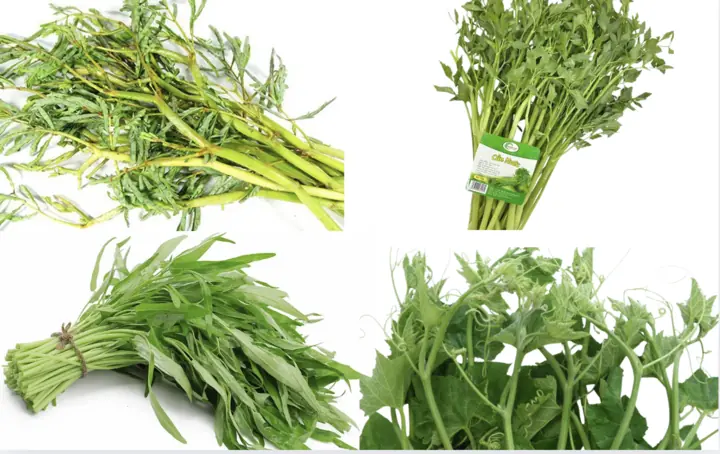
News in the same category

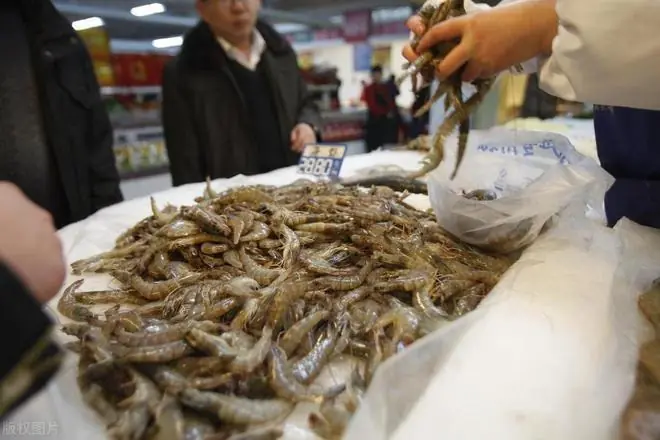
Hormone-injected shrimp has 4 obvious signs, no matter how cheap it is, definitely DO NOT BUY
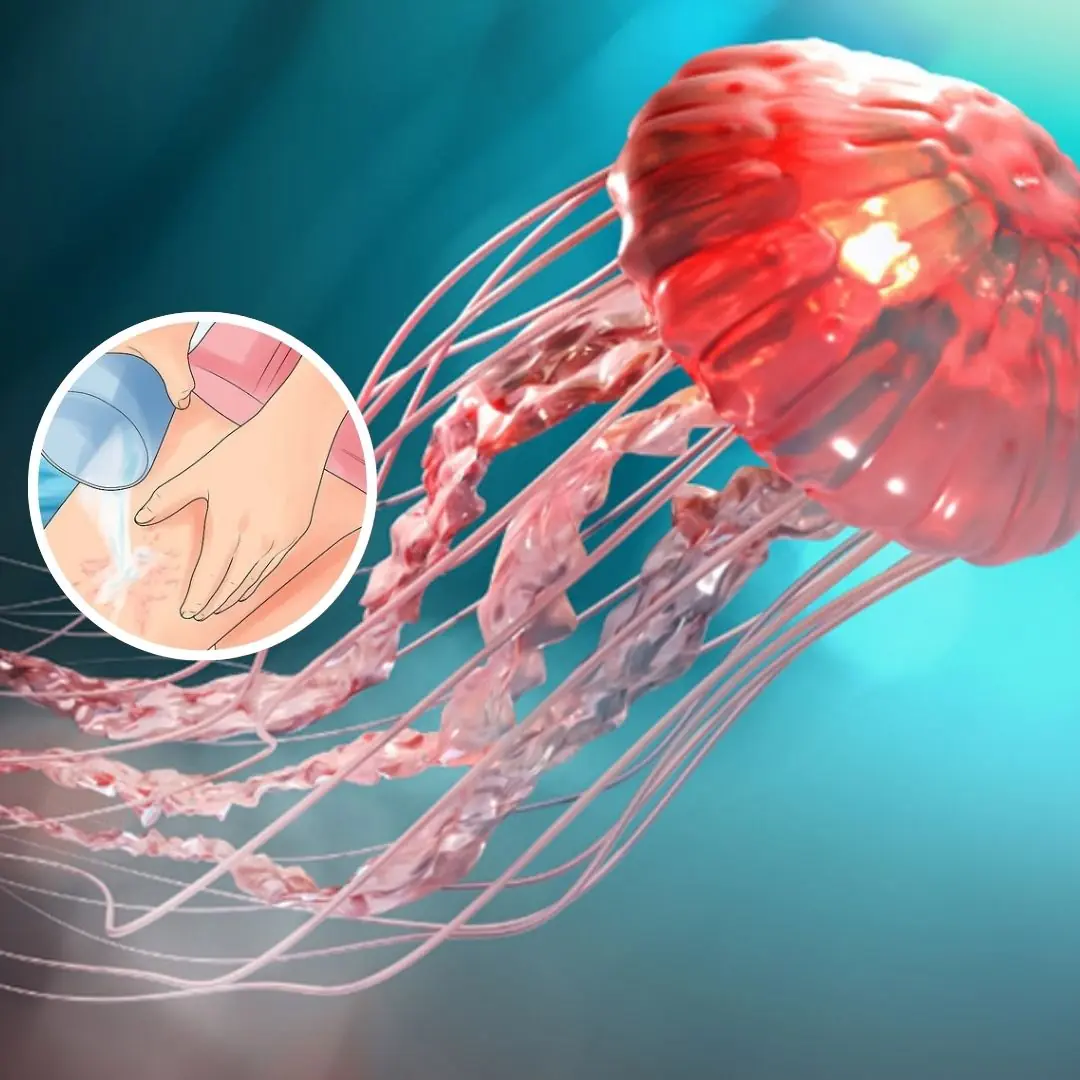
First Aid for Jellyfish Stings: What Science Says You Should (and Shouldn’t) Do
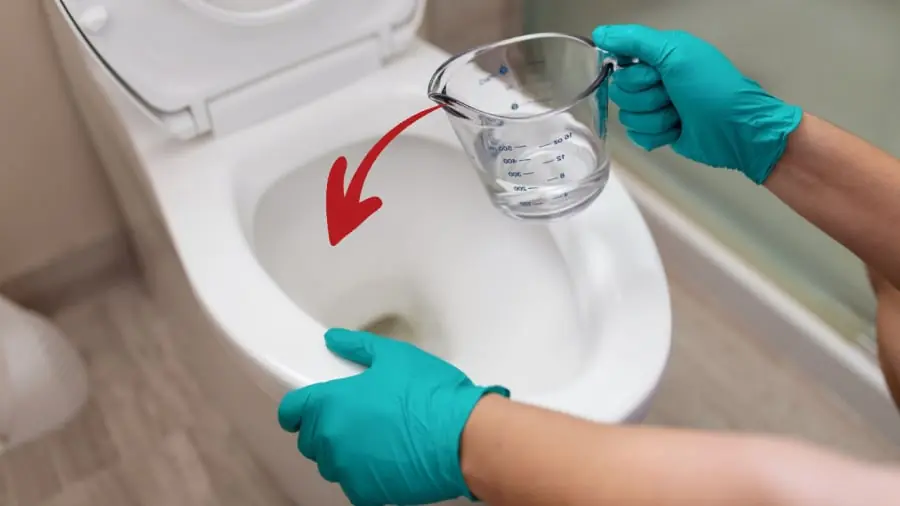
Pouring Hot Vinegar Into the Toilet May Seem Wasteful
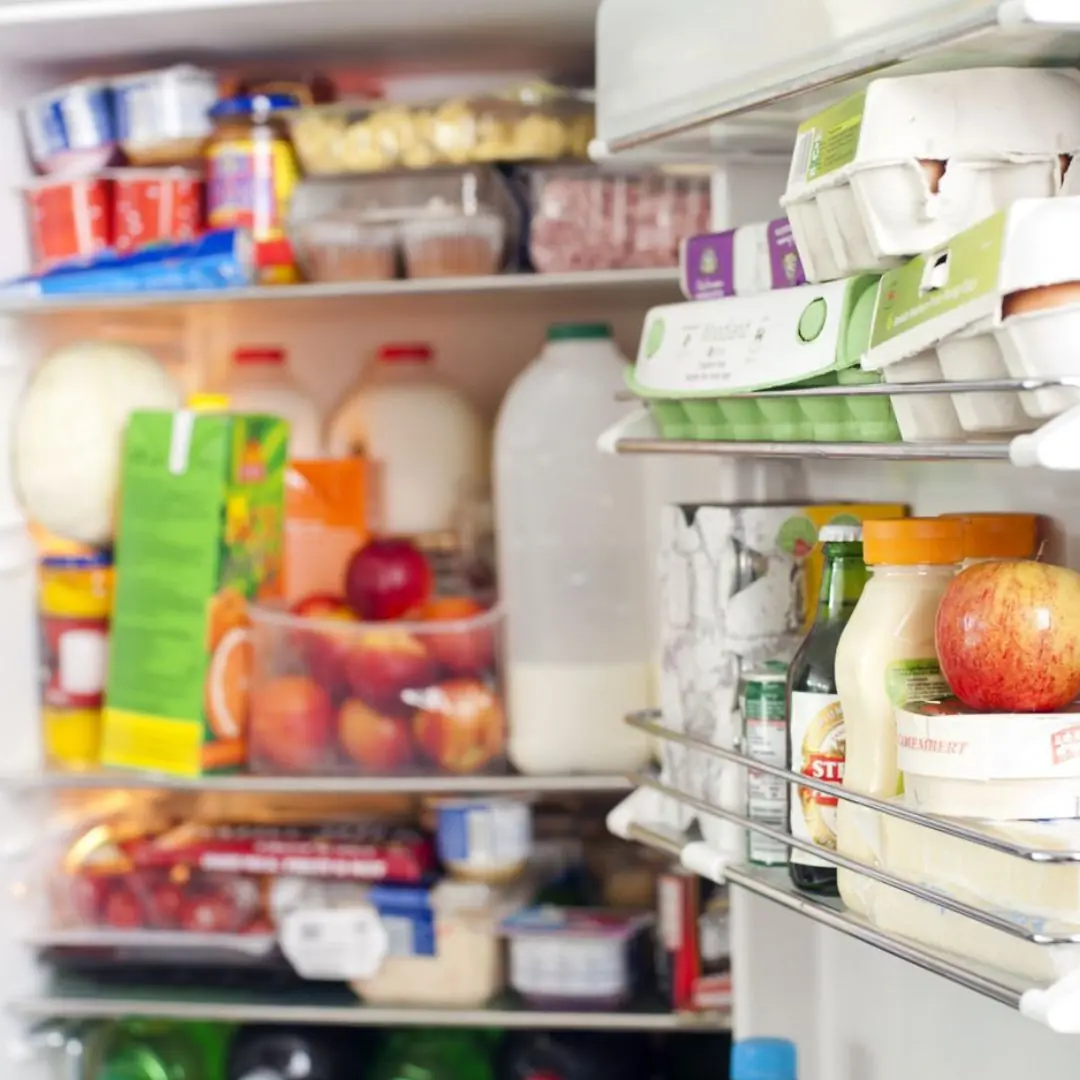
No Fridge? No Problem! 14 Foods That Stay Fresh Without It
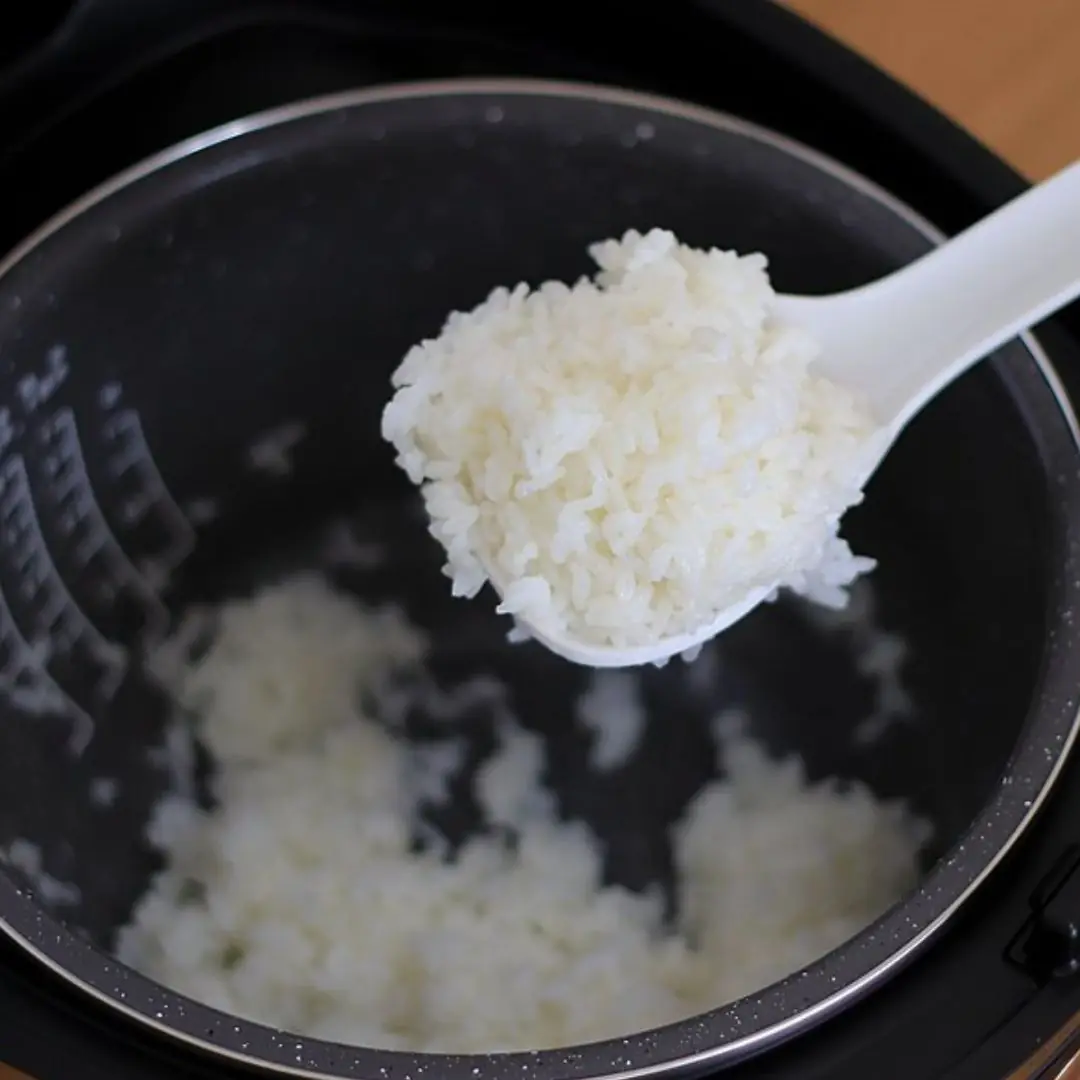
O arroz deixado na panela elétrica durante a noite ainda pode ser consumido
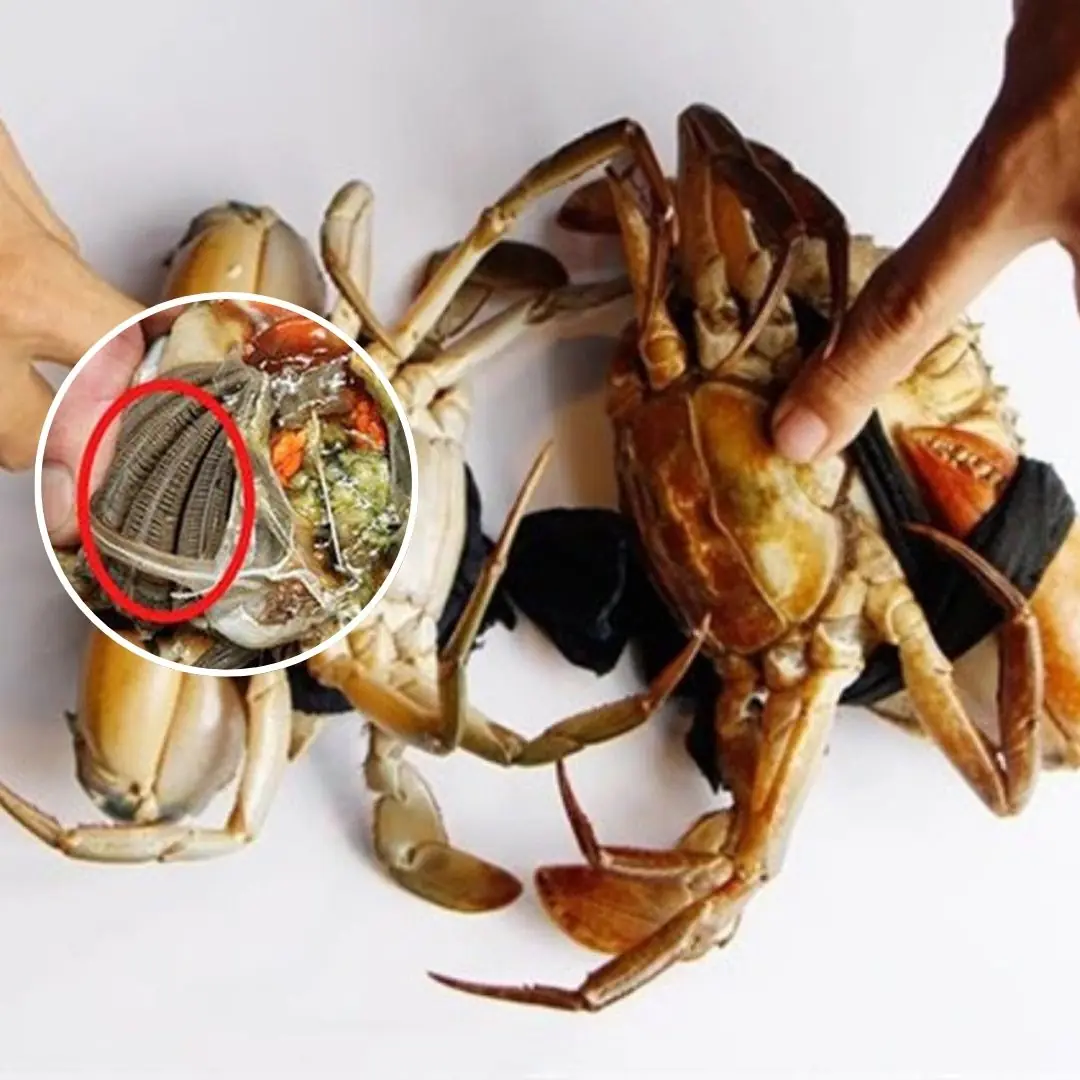
Don’t Eat These 3 Parts of a Crab — Experts Say They Could Harm Your Health
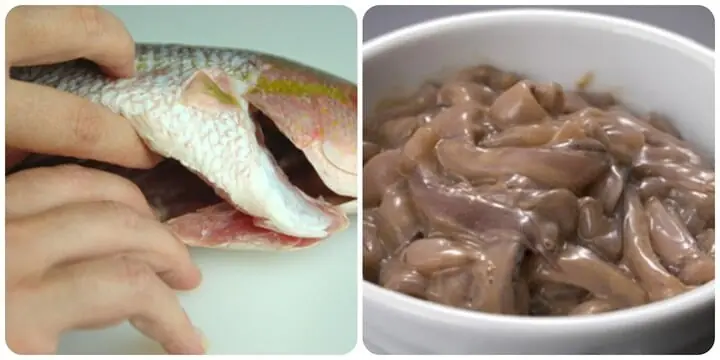
Bury these two "trash" in a flower pot: Flowers bloom like a stream, and the fruit is sweet and plentiful.
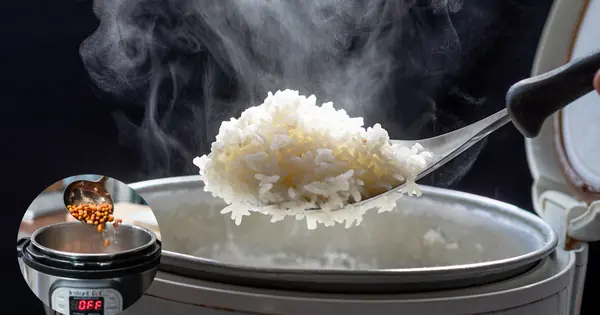
Cooking Rice This Way Packs as Much Protein as 100g of Beef
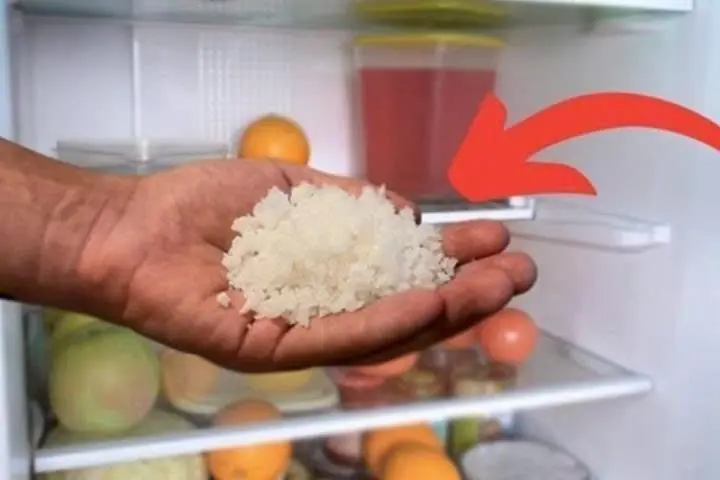
Put a Handful of Salt in the Fridge: The “Golden” Trick Every Household Needs

Grandparents taught us NOT to wash clothes at night, NOT to hang clothes overnight - We must obey!

Brushing your teeth before bed is a mistake! This is when you really need to brush your teeth
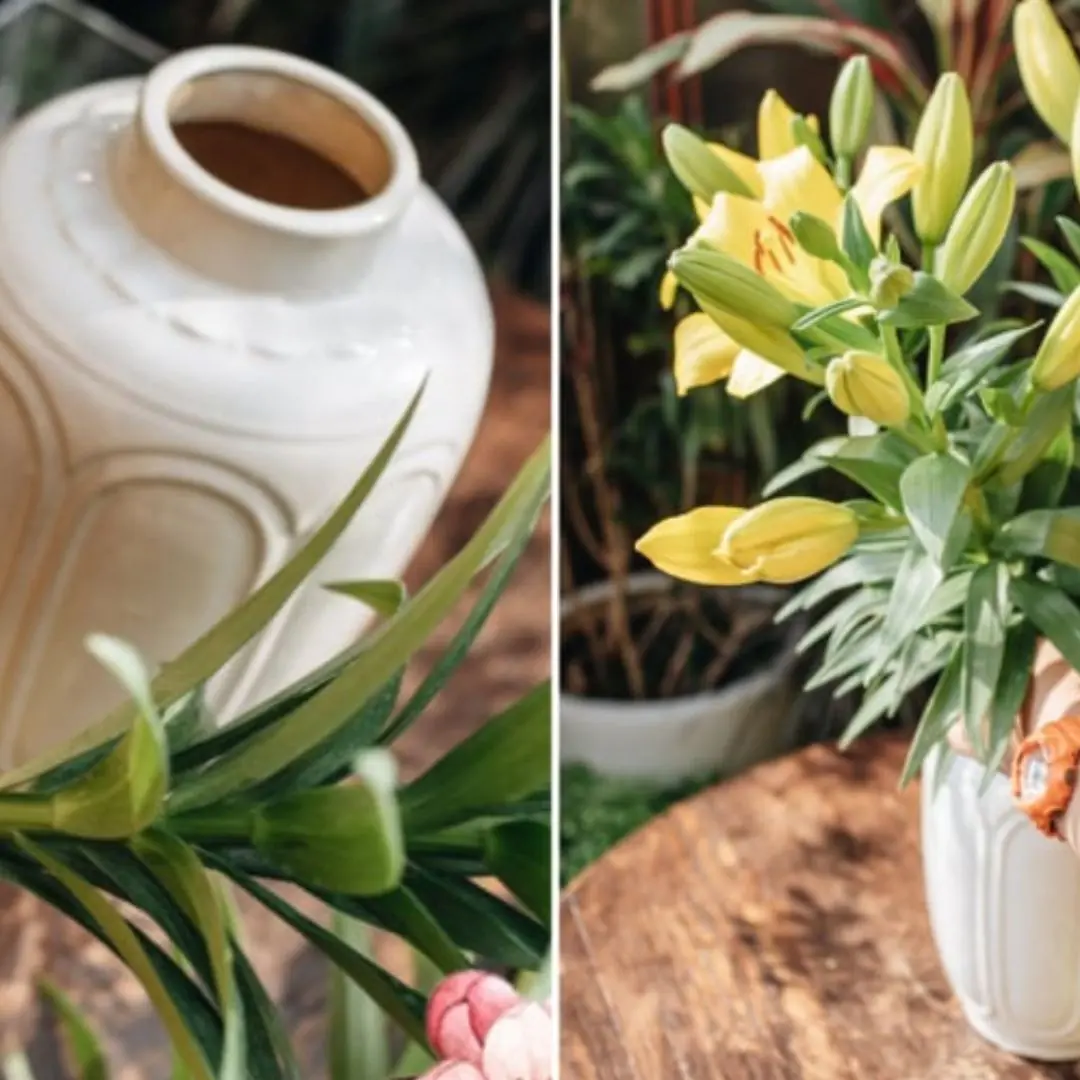
Add this to the flower water and the flowers will stay fresh all week, despite the hot weather
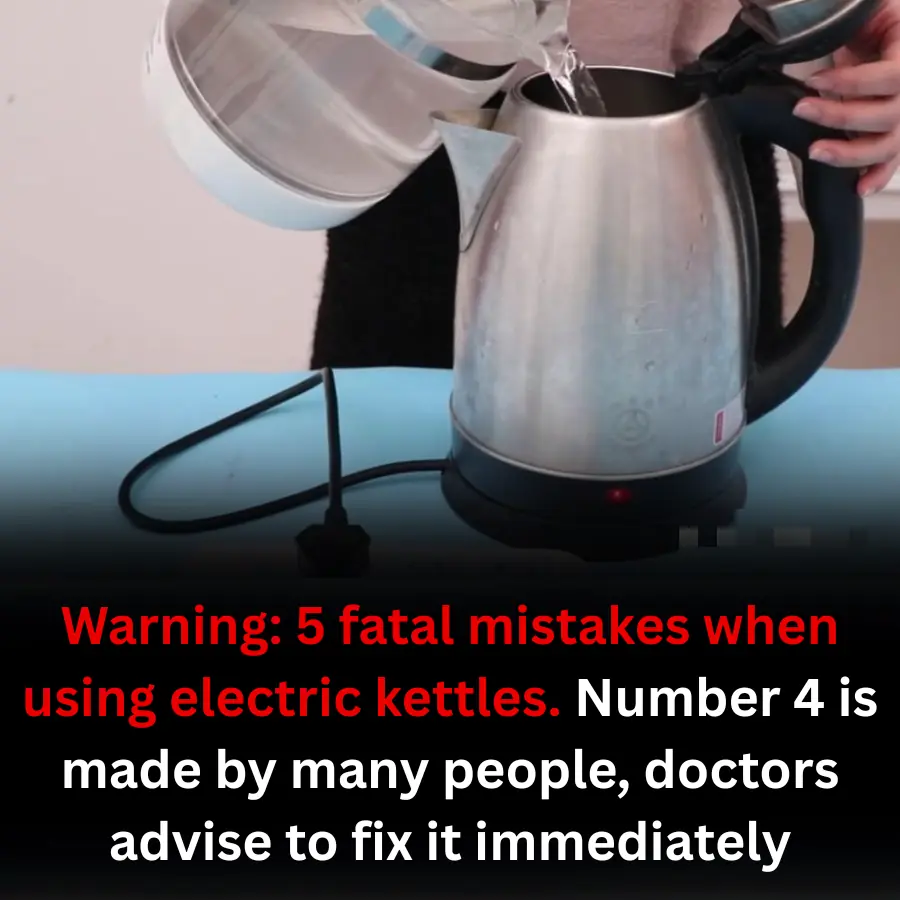
Warning: 5 fatal mistakes when using electric kettles: Number 4 is made by many people, doctors advise to fix it immediately
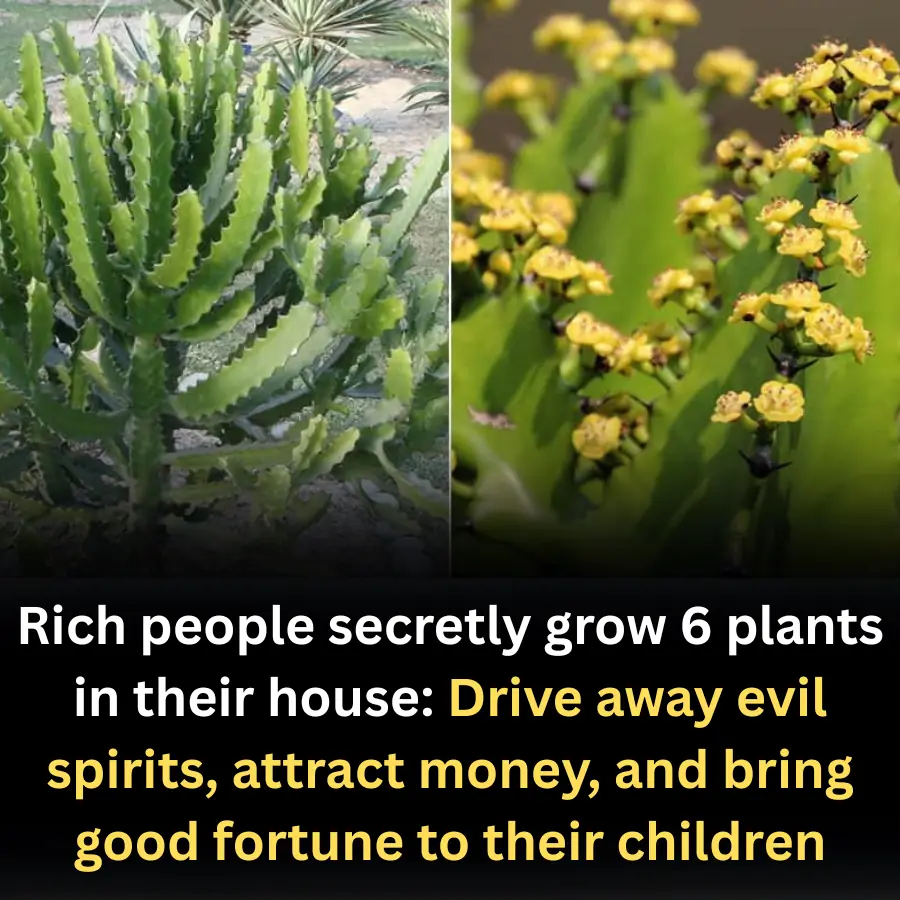
6 plants in their house: Drive away evil spirits, attract money, and bring good fortune to their children
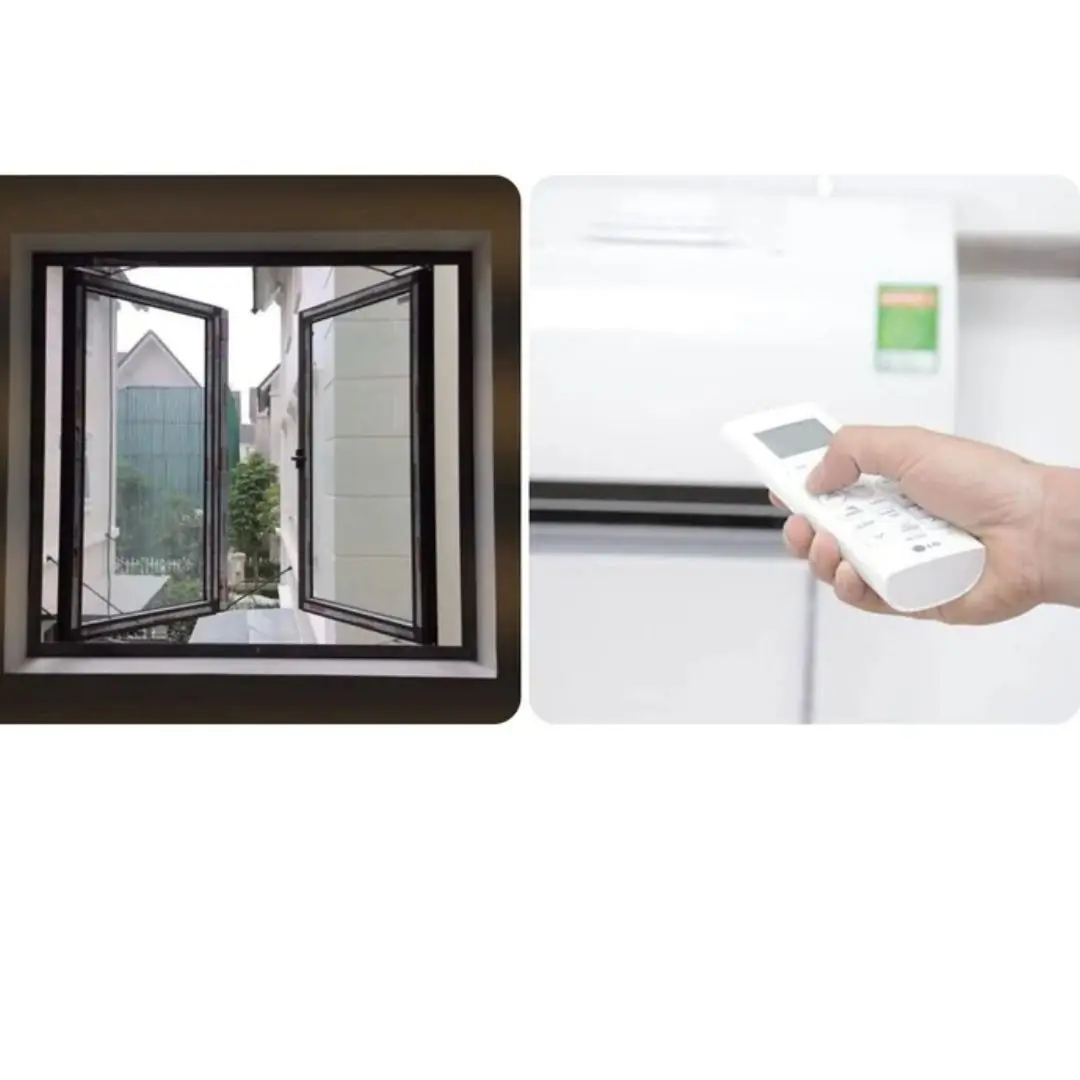
Closing the door when turning on the air conditioner is not necessarily good, experts show what to do
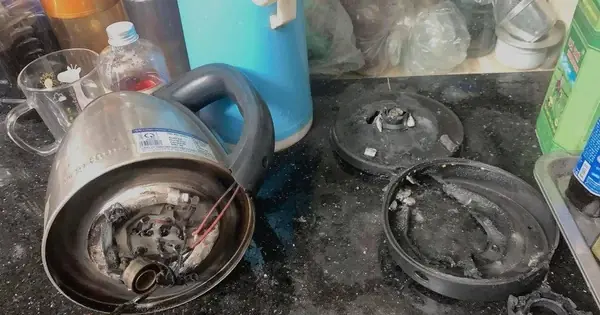
Warning: 5 Dangerous Mistakes When Using an Electric Kettle
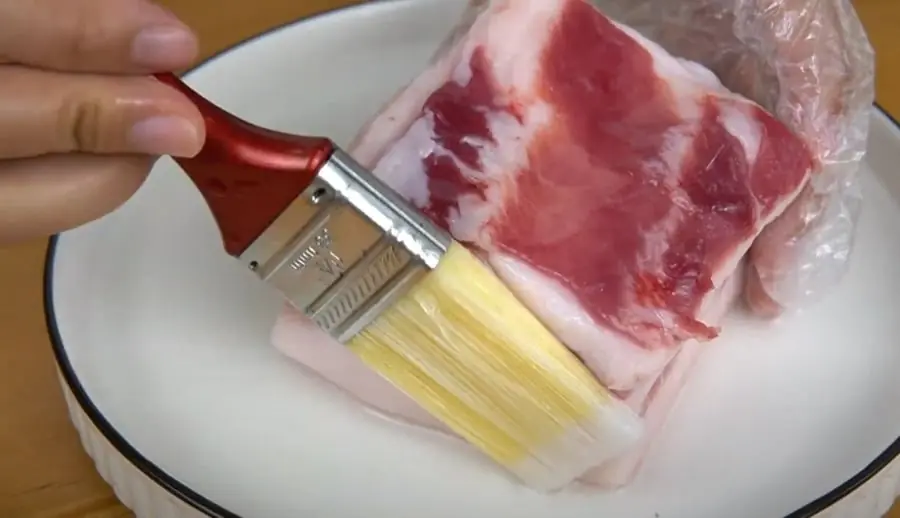
Pork Storage Hack: Don’t Put It Straight in the Fridge

Shiny, Dust-Free Wooden Floors for a Whole Month
News Post
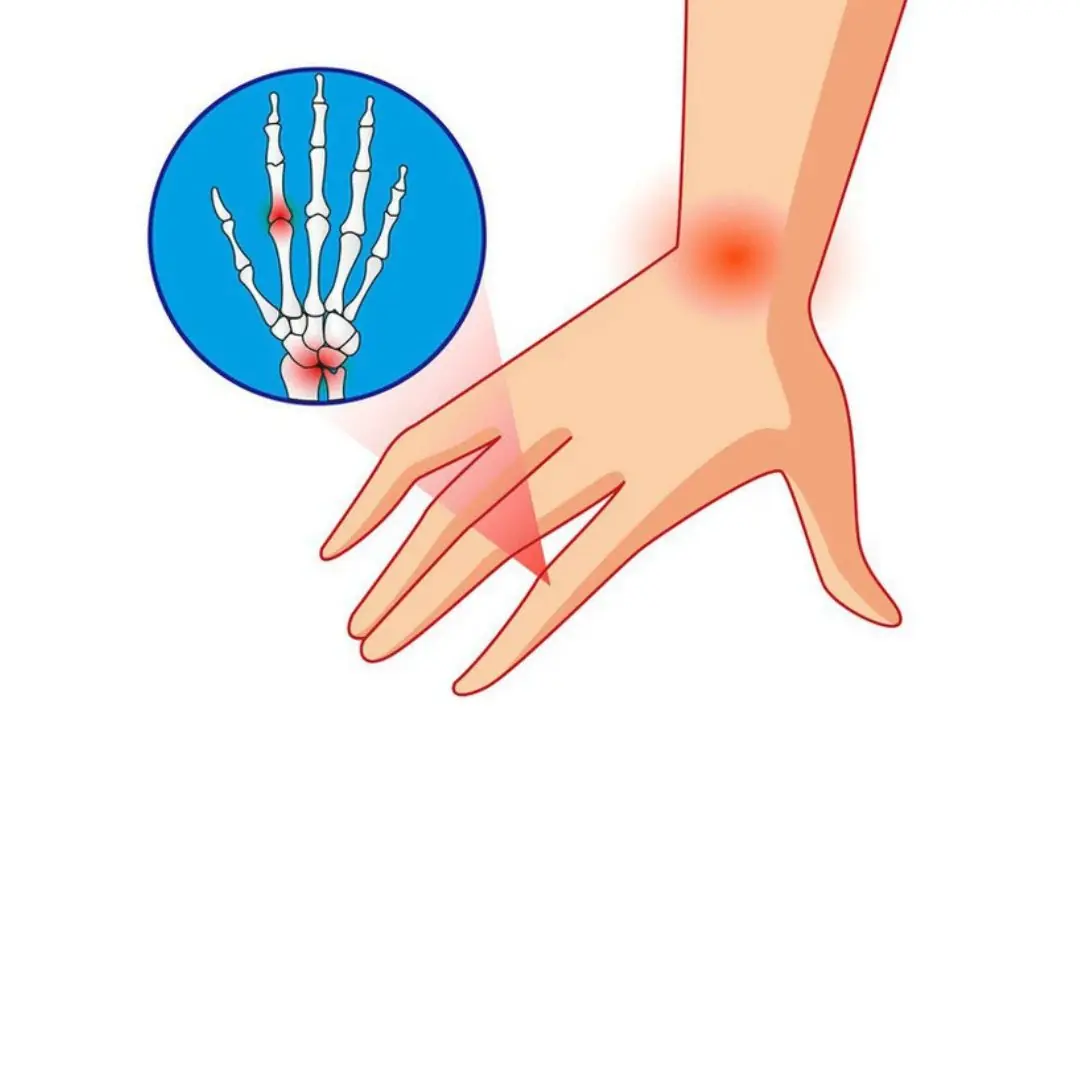
Don’t Miss These 10 Early Red Flags for Serious Health Conditions

Here’s why smart people leave a glass of water by their bed every night
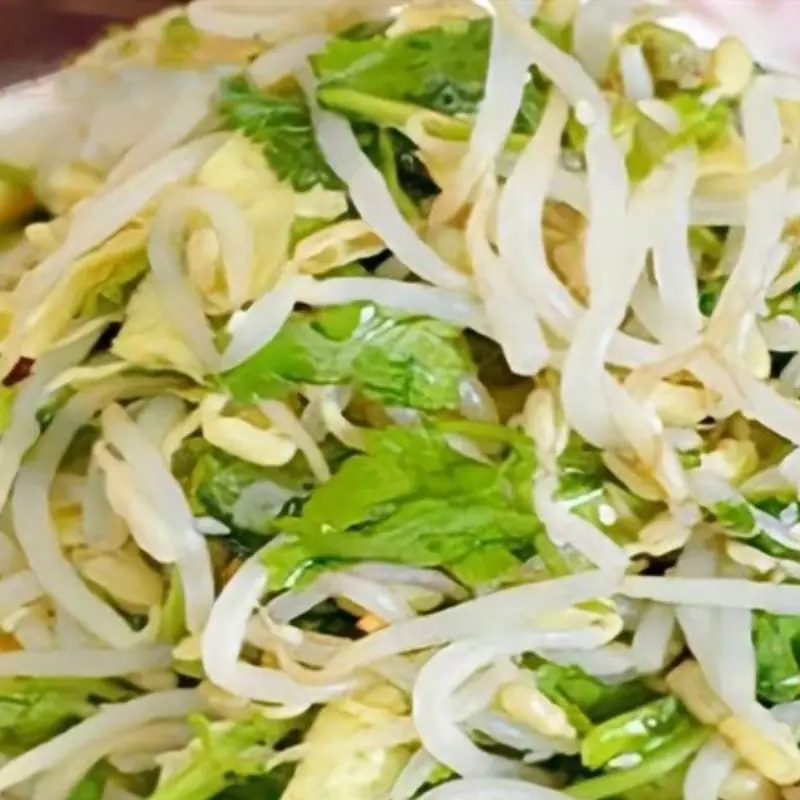
Common Veggies Linked to Cancer Risk — Experts Urge Immediate Caution

5 kitchen appliances you will regret if you don't buy soon

Hormone-injected shrimp has 4 obvious signs, no matter how cheap it is, definitely DO NOT BUY
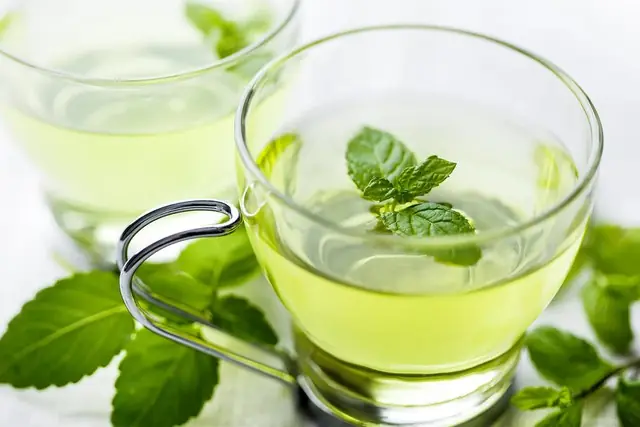
Wild leaves, used to make tea, make diabetes and high blood pressure "terrify"
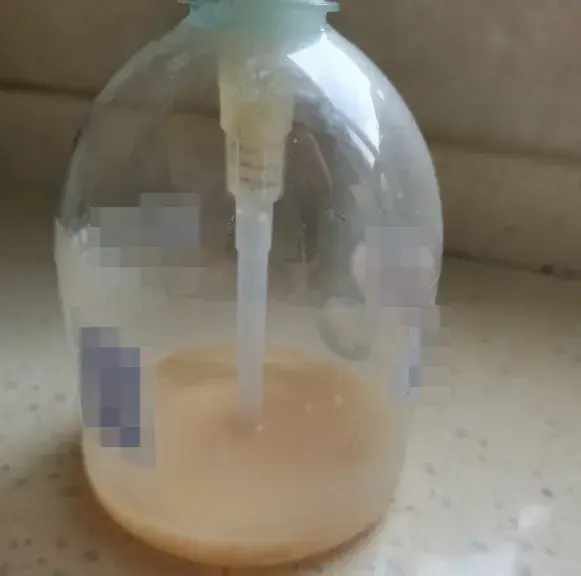
Bacteria levels exceed the standard by 600 times! Don't use this hand sanitizer!
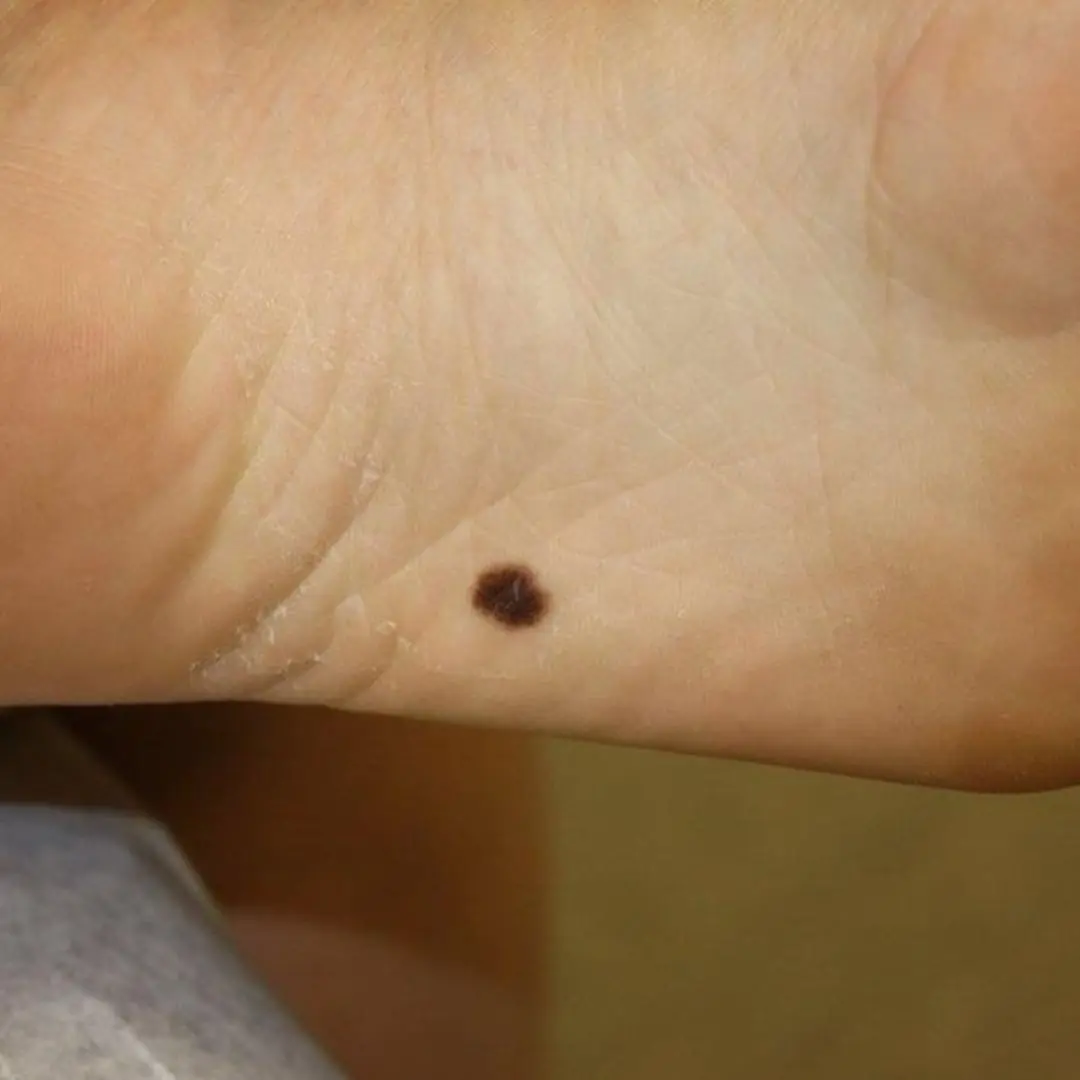
There was a mole on my leg that I thought was normal, but it kept getting bigger and bigger, but it turned out to be cancerous.

Astronomer CEO Andy Byron's "Affair" With Kristin Cabot Caught On Camera During Coldplay Concert, Chris Martin Reacts
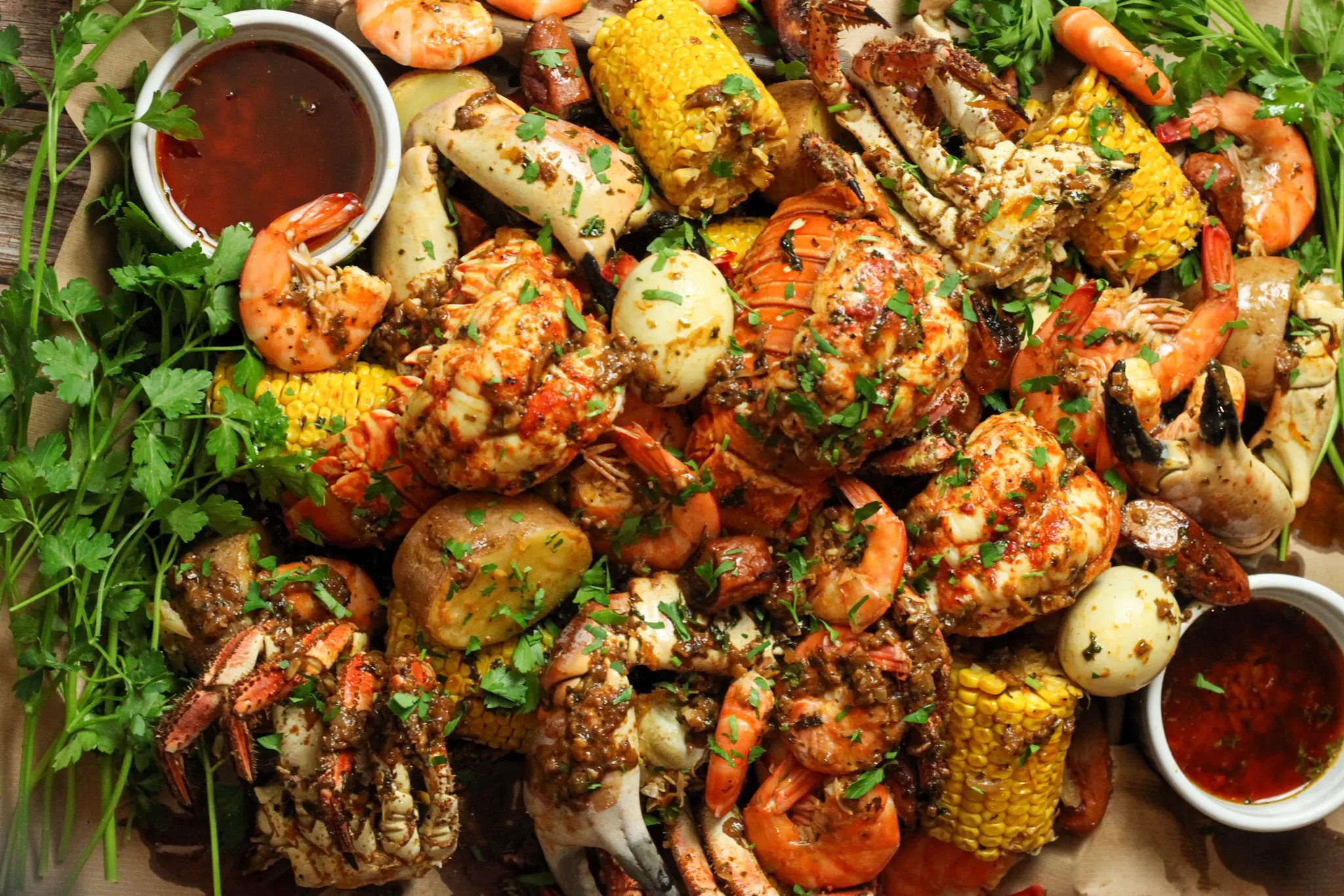
4 Common Mistakes When Eating Seafood That Could Land You in the Hospital

9 “Clean” Habits That Are Actually Super Unhygienic
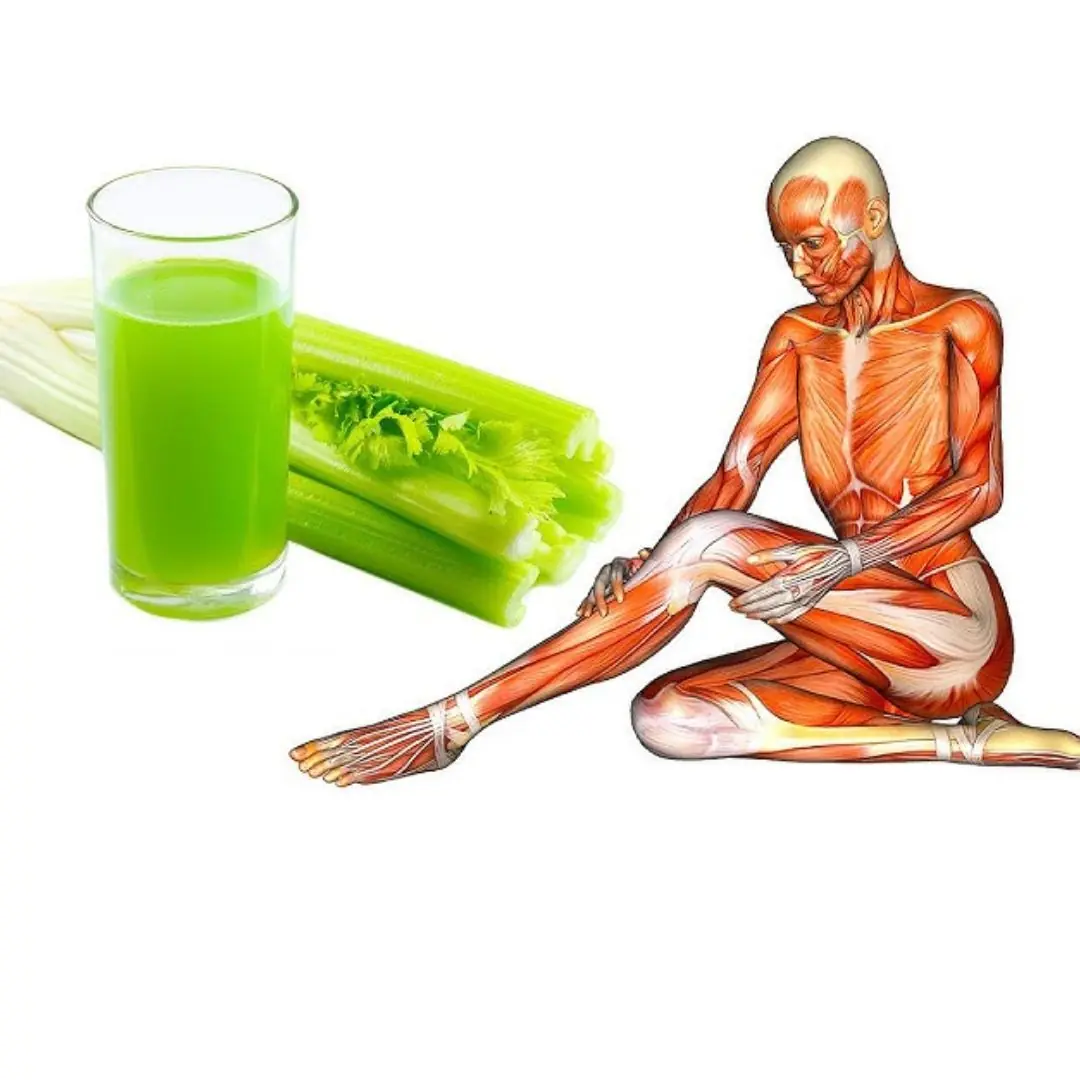
Boost Hydration and Fight Free Radicals: Enjoy a Daily Glass of Celery Juice

He Ignored the Signs, Thinking It Was a Ca.n.ker Sor.e—Now His T.o.n.gue Is Gone!
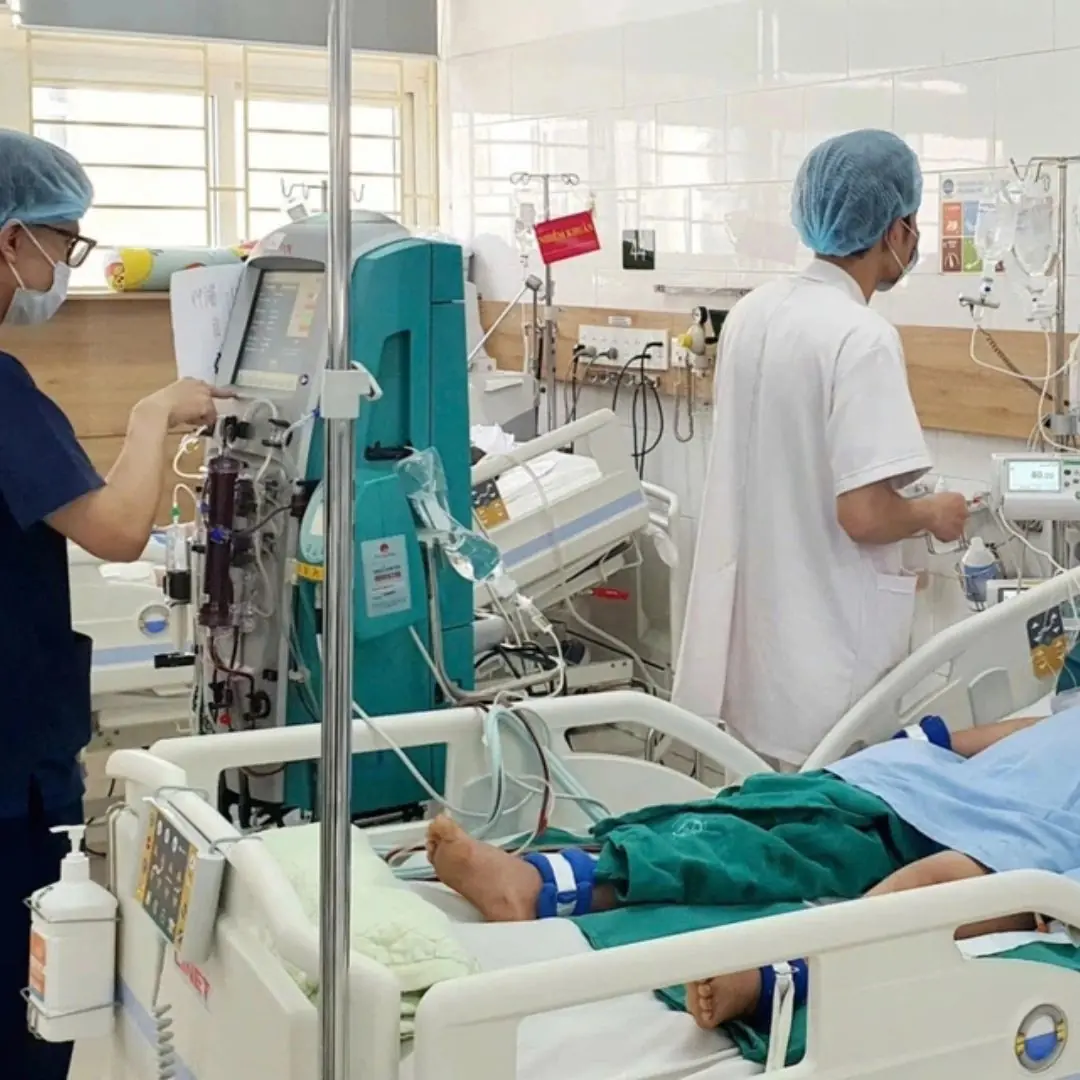
Couple suffers heart and liver d.a.m.age... after eating white mushrooms

First Aid for Jellyfish Stings: What Science Says You Should (and Shouldn’t) Do

Pouring Hot Vinegar Into the Toilet May Seem Wasteful

Health Warning! Peeing in the shower can severely harm your bladder and pelvic health
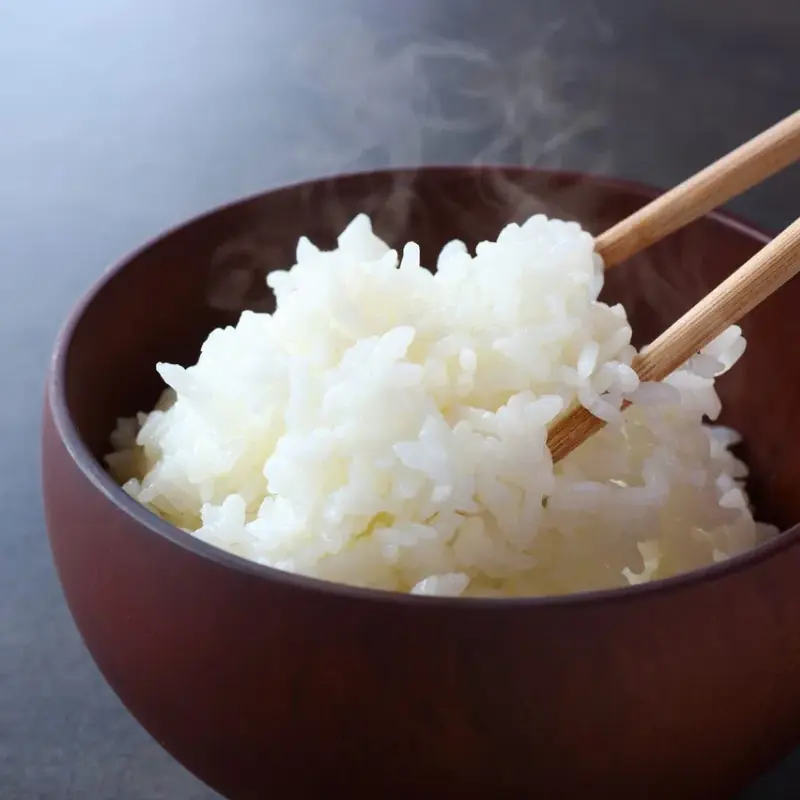
Experts Reveal: The Real Carb Bomb Isn’t White Rice
